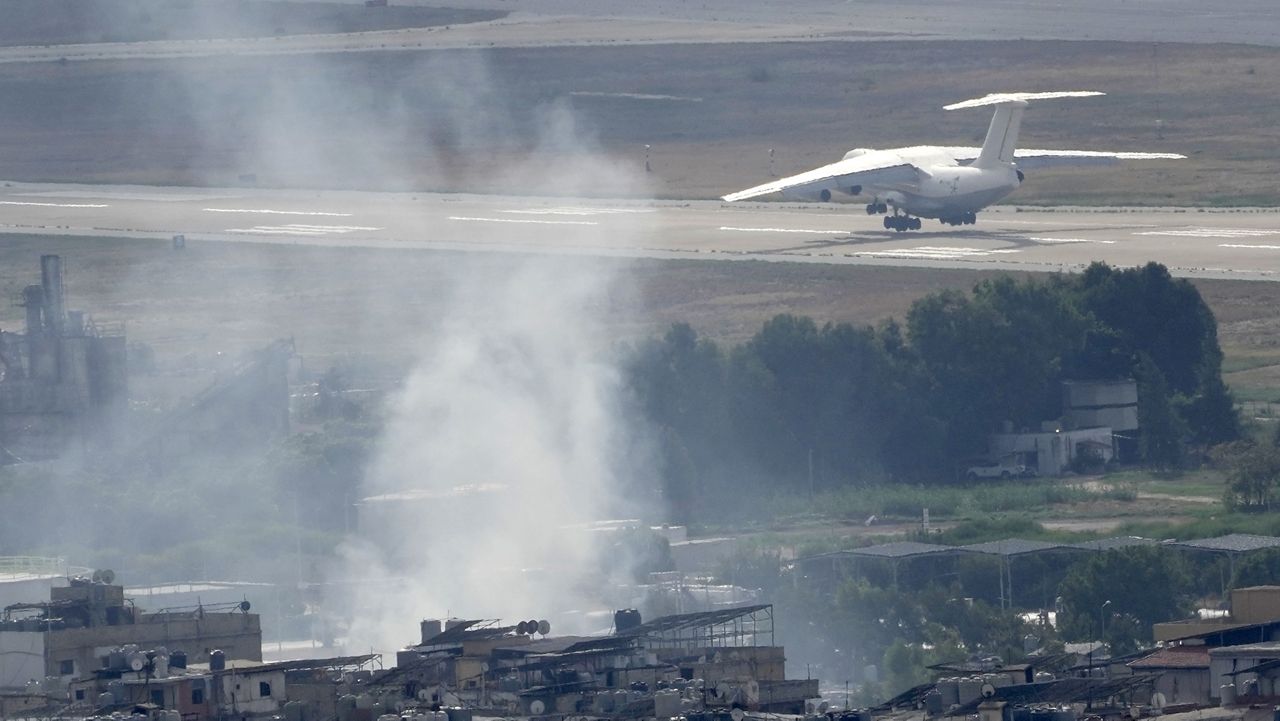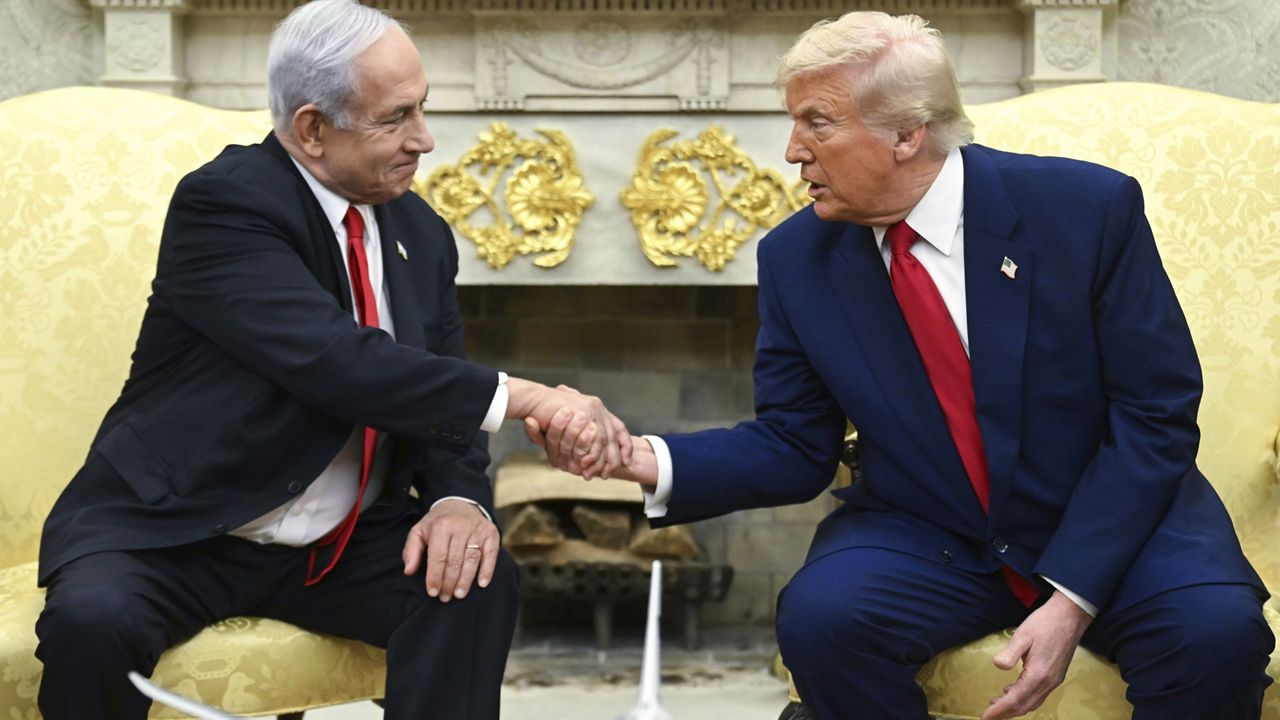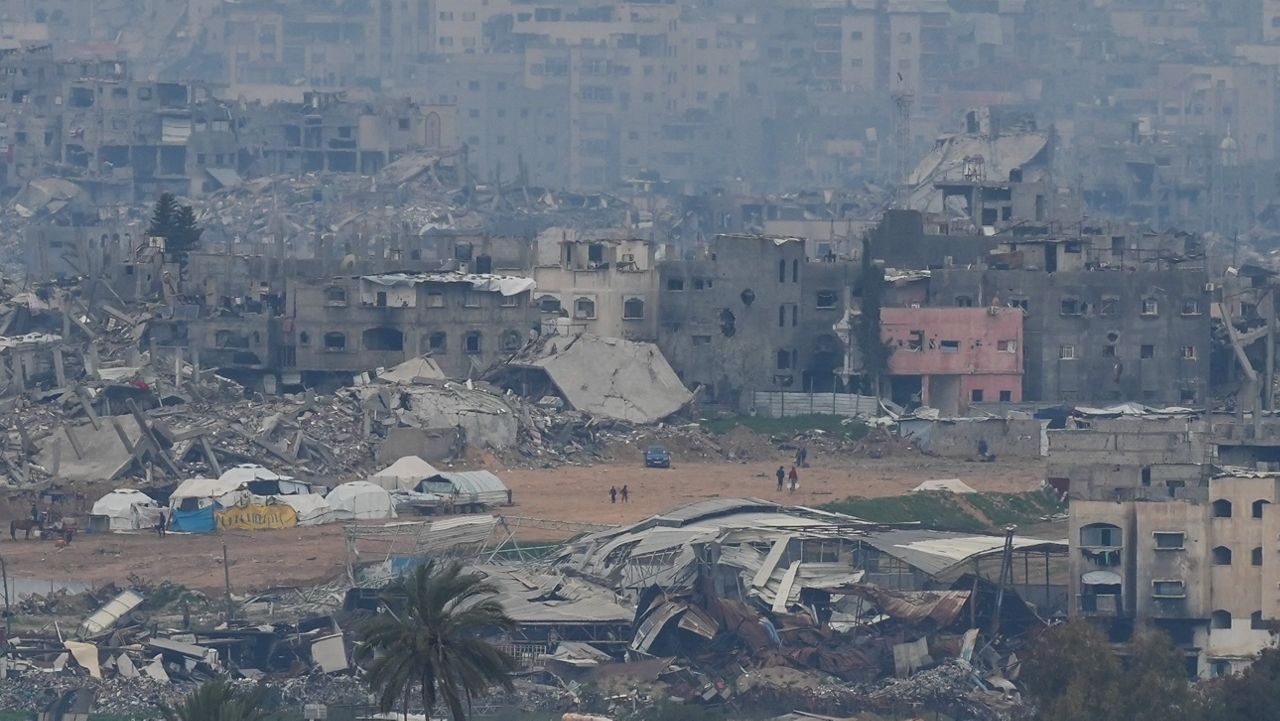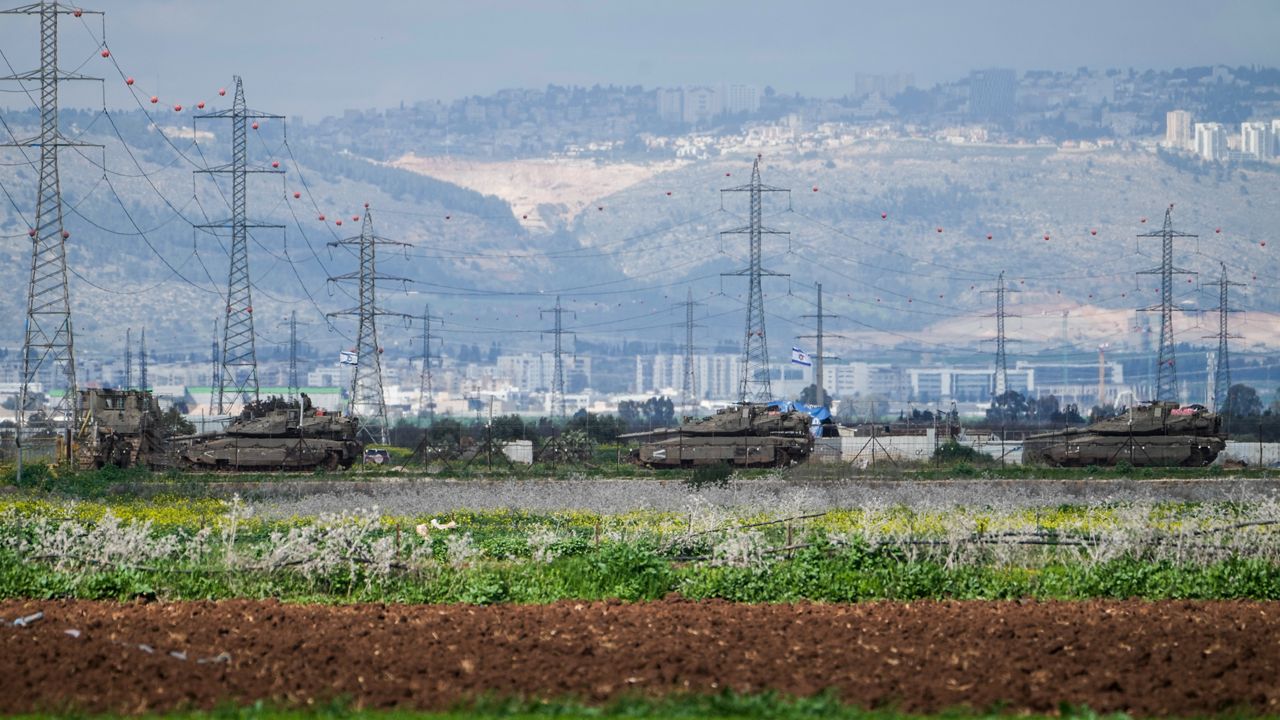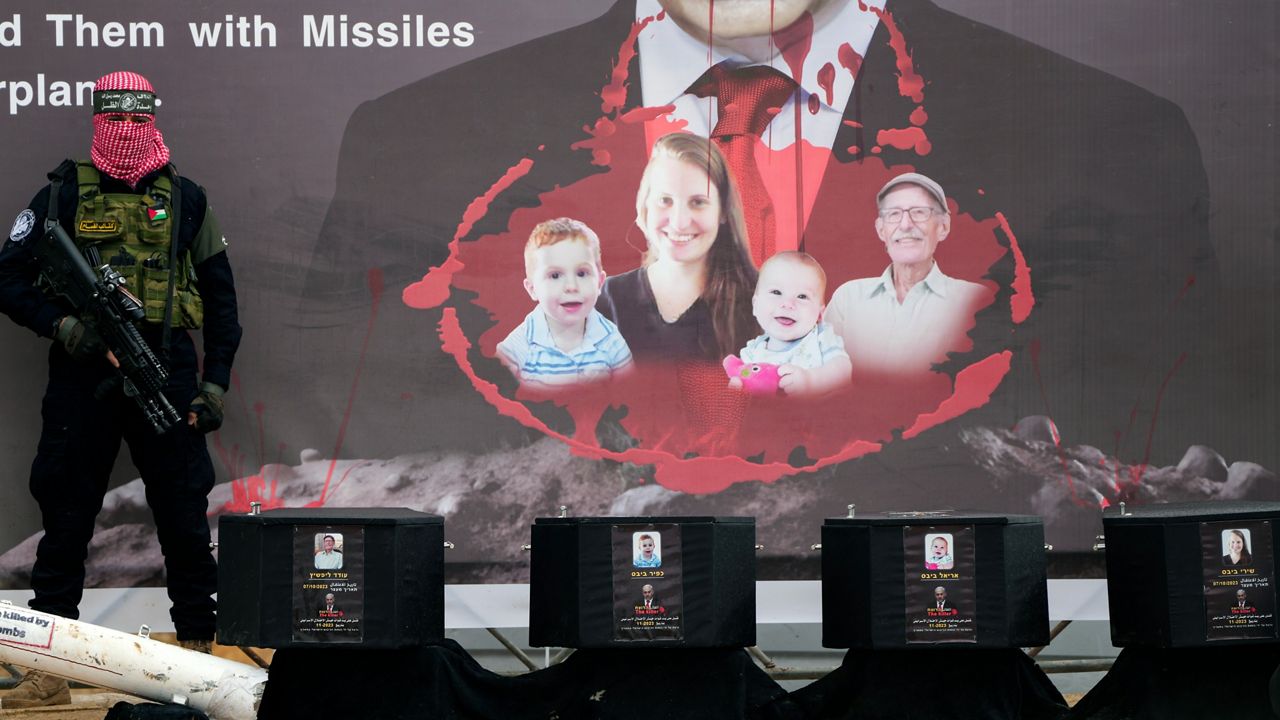The U.S. Embassy in Lebanon on Monday urged American citizens in the country in no uncertain terms to leave “now” amid ongoing fighting between militant group Hezbollah and Israel.
“U.S. citizens in Lebanon are strongly encouraged to depart now,” a bulletin from the State Department issued Monday reads, noting that the country’s commercial airport remains open and carriers still have flights.
The bulletin also noted that the federal government has “added thousands of seats in extra capacity to accommodate U.S. citizens and their family members,” and much of that extra capacity has gone unused — but warned that “these additional flights will not continue indefinitely.”
The bulletin urges U.S. citizens in Lebanon who need assistance to reach out via an online form that will allow U.S. Embassy staff to help point them in the direction of flights and aid them with emergency passport requests and potentially emergency loans for those eligible.
For those who do not wish to depart imminently, the State Department implores U.S. citizens to “prepare contingency plans should the situation deteriorate further,” adding: “These alternative plans should not rely on the U.S. government for assisted departure or evacuation.”
Fighting between the Iranian-backed Lebanese militant group and Israel began roughly a year ago in the aftermath of Hamas’ terror attack on Oct. 7, 2023. Hezbollah began firing rockets and artillery shells at Israel, which the group said was in solidarity with the Palestinian people. Hezbollah has thousands of rockets, missiles and drones into Israel in the last year; most have been intercepted or missed their targets, causing few casualties but disrupting daily life in the country.
The conflict escalated in a major way last month when pagers and other devices began detonating across Lebanon, killing dozens and injuring thousands more. Hezbollah blamed Israel for the attack, which it denied. Israel later carried out bombing campaigns across Lebanon, targeting Hezbollah sites and commanders, killing several, including leader Hassan Nasrallah, and began a ground invasion about two weeks ago.
In the latest volley of fighting, an Israeli airstrike killed at least 18 in northern Lebanon, per the Lebanese Red Cross. The strike hit a small apartment building; it’s unclear what the target was.
The strike follows a Hezbollah drone attack on an Israeli army base, killing four soldiers and wounding 61 others. Israel vowed a “forceful response” to the attack.
The United Nations also said recently that Israel fired on peacekeeping forces in southern Lebanon, injuring more than a dozen. U.N. secretary-general Antonio Guterres said “may constitute a war crime.” Israel has accused Hezbollah of operating near peacekeeping forces and charged that the U.N. is keeping forces there to obstruct military operations against Hezbollah.
The attacks on U.N. peacekeeping forces have drawn international condemnation. The European Union on Monday called the attacks “completely unacceptable” and rejected Israel’s allegations about the peacekeeping forces.
Hezbollah, an ally of Hamas, has vowed to keep up its attacks on Israel until there is a cease-fire in Gaza. Israel has said its campaign against Hezbollah is aimed at stopping those attacks so displaced Israelis can feel safe returning to their homes near the Lebanese border.
Israel says it has sent 1.7 million text messages, 3.4 million voice messages and made 3,700 voice calls notifying civilians in Lebanon to evacuate.
The Associated Press contributed to this report.




